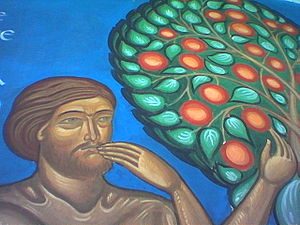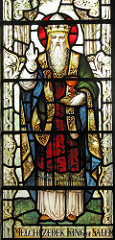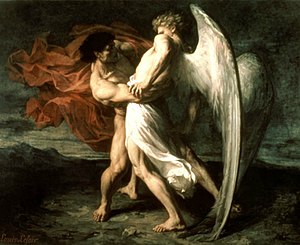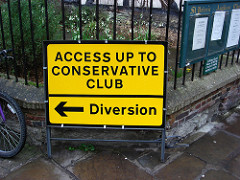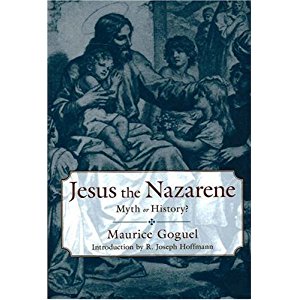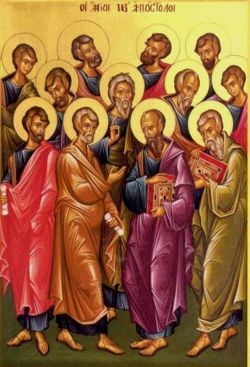
Almost as fundamental to the Christian narrative as the life, death and resurrection of Jesus Christ is surely the calling, election and sending forth of the twelve disciples to preach the gospel.
But of all the evangelists to which our canonical gospels have been attributed, only one unequivocally delivers this message. Only the author (or final canonical-redactor) of Luke-Acts unambiguously pronounces that the twelve disciples called by Jesus were endowed with power and sent forth (with only one name-switch) as the twelve apostles to be witnesses of Jesus from Jerusalem “unto the uttermost parts of the earth.”
The Gospel of Mark concludes (at 16:8) with the question left hanging as to whether the twelve disciples ever received the message and were converted at all; the Gospel of Matthew concludes (28:17) with the possibility that some of the disciples did not believe that they saw the resurrected Jesus; the Gospel of John’s post-crucifixion scenes portray a rivalry between Peter and John in the race to the tomb and as regards who was the one of these to have faith (20:3-8), and then a diminution of the authority of Thomas (20:24-29). (For reasons I will delay for another post, Thomas appears to be criticized as the leader of a rival sect to the Johannine Christians — Gregory Riley sees the rivalry being prompted over the nature of the resurrected body; April DeConick argues the rivalry is over the need for a vision as opposed to the need for faith. Either way, John’s gospel is written as a rebuttal of another apostle’s – or even apostles’ – doctrines.)
And then we finally have Luke-Acts, . . . . (I ought to explain that I lean towards the final “canonical” Luke-Acts being completed after the composition of our canonical gospels of Mark, Matthew and John — following Matson, Shellard, Wills . . . ) . . . . and then we see a most diligent effort not only to establish the authority of Twelve Apostles, but even to push the idea that Paul, too, was on the side of the Twelve, and as good as a “thirteenth”, such is the unity proclaimed in this Gospel-Acts narrative. Continue reading “The Twelve Apostles had to be a very late invention, surely”


